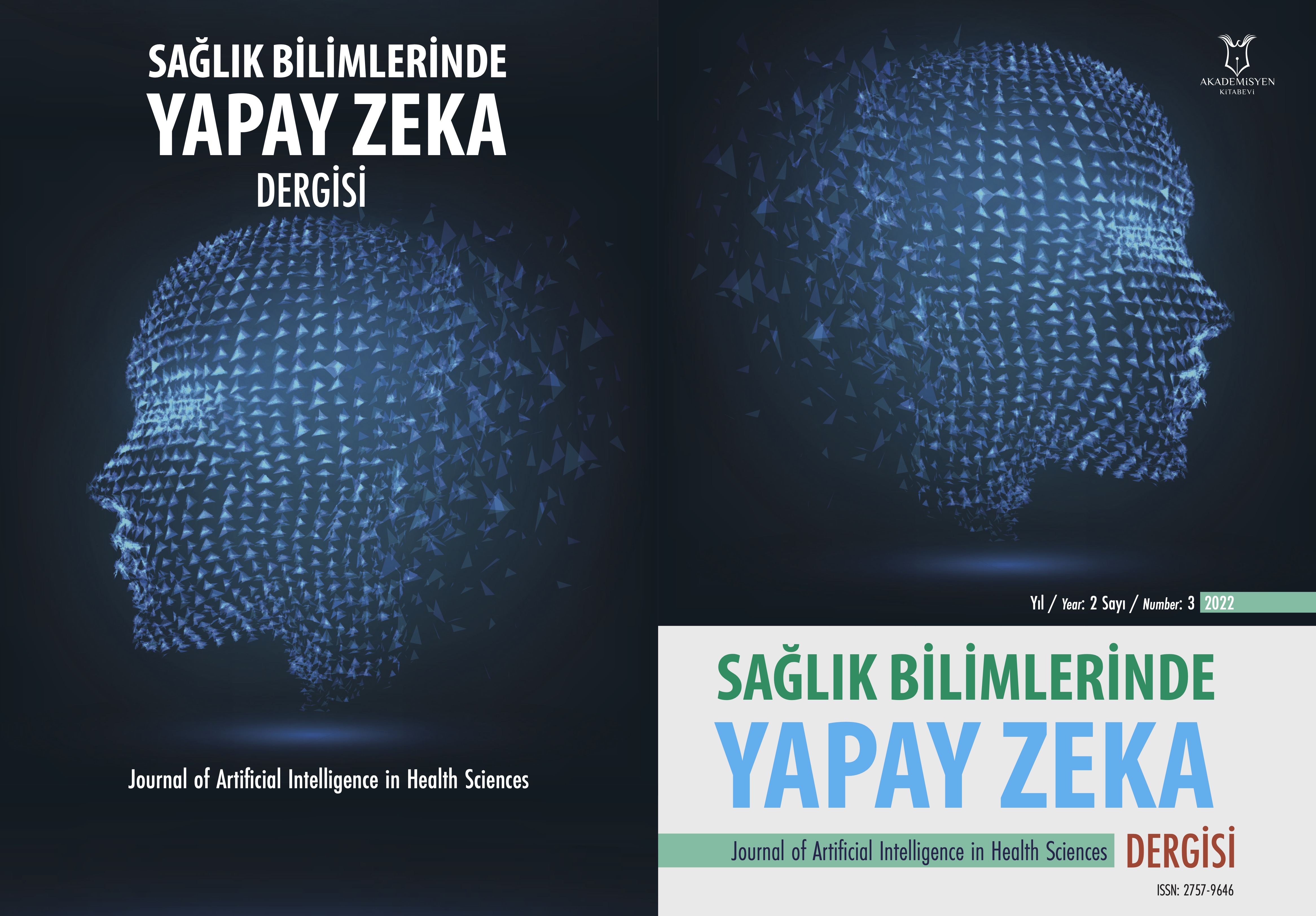A New Paradigm for Predicting Past and Future Out of Control Events in Internal Quality Control: Gaussian Process for Machine Learning
İç Kalite Kontrol Süreçlerinde Geçmiş ve Gelecekteki Kontrol Dışı Olayları Tahmin Etmede Yeni Bir Paradigma: Makine Öğrenimi için Gaussian Modeli
DOI:
https://doi.org/10.52309/jaihs.v2i2.45Abstract
Internal Quality Control (IQC) is the process of evaluating and controlling the reliability of a laboratory test before running patient samples. Currently used IQC process focus on the management of Total Analytical Error (TAE) using rule-based approaches. The process cannot predict timings of Total Allowable Error (TEa) violations, precisely. In the study, we proposed a predictive computational approach for IQC, Predictive Quality Control Algorithm (PQCA), to solve with this problem using Gaussian Process for Machine Learning (GPML) method. The software implementation carried out in Python and Scikit-learn library running on a standard Windows-based PC. A digital control chart based on PQCA was introduced. It is demonstrated that observations fall within the 95% confidence intervals of their corresponding predictions generated by PQCA. It also presented that TAE calculated using classical formula is unable to capture all violations of TEa. PQCA is a simple procedure that can directly relate raw control data to quality targets and enabled a predictive approach with a high degree of accuracy. The classical TAE calculation model is based on a univariate Gaussian model. GPML, which PQCA is based on, is generalized by a multivariate Gaussian. Therefore, PQCA can be viewed as a generalization of the classical IQC model. Using PQCA, laboratories can take a proactive approach to the control of analytical quality, meet regulatory institutions’ requirements, and hence provide better patient outcomes. In the future, newly available computational models make possible more sophisticated, predictive mathematical frameworks for IQC.
Downloads
Published
Versions
- 2023-01-02 (2)
- 2022-12-31 (1)
Issue
Section
Categories
License
Copyright (c) 2022 Journal of Artificial Intelligence in Health Sciences

This work is licensed under a Creative Commons Attribution-NonCommercial-NoDerivatives 4.0 International License.
izmir Katip Çelebi Üniversitesi tarafından yayınlanmaktadır.






